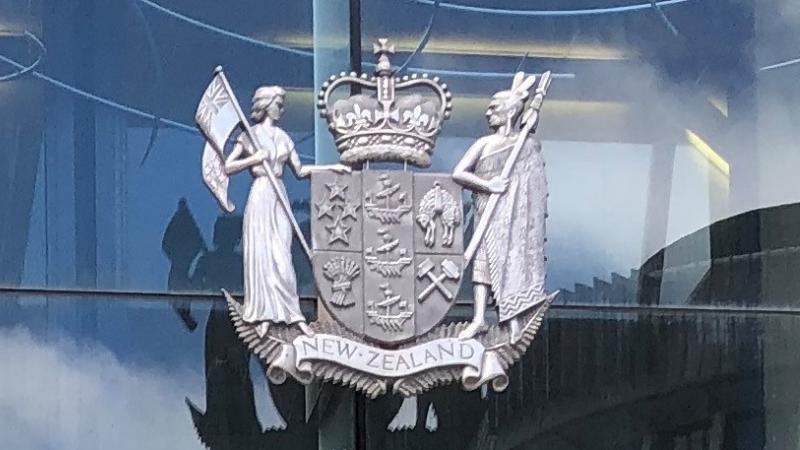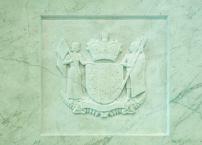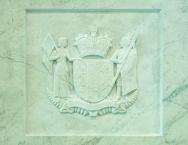
31 Oct 2019
McGuire v New Zealand Law Society [2019] NZHC 2748
In a recent judicial review application, the High Court has confirmed that lawyers must pay the fee of barristers they have instructed on behalf of clients, unless there is explicit agreement reached that the client is solely responsible for payment of the barrister’s fee.
The applicant, M, was censured by a Standards Committee for non-payment of invoices from an Auckland barrister, T. M had sought a second opinion on a relationship property matter, in which M was acting. He provided T with a memo of areas to cover.
T provided an estimate of the cost of the opinion and requested that the client deposit $3,600 in M’s trust account, at which point T would begin work on the opinion. M confirmed that the money had been deposited.
T emailed his opinion to M, followed by an invoice. M replied that the opinion needed to address other matters. T responded that he would expect to be paid for investigating those matters. A series of emails then ensued, without resolution.
T reminded M of his obligation under r 10.7 of the Lawyers and Conveyances Act (Lawyers: Conduct and Client Care) Rules 2008 (the Rules). T finally complained to the Lawyers Complaints Service (LCS) that M had breached r 10.7 of the Rules by failing to pay.
The Standards Committee determined M’s breach amounted to unsatisfactory conduct pursuant to s 12(b) and (c) of the Lawyers and Conveyancers Act 2006. The Committee censured M, who was ordered to apologise to T, to pay a fine of $5,000 and costs of $2,000, and to pay T’s fees immediately.
The Standards Committee accepted M’s contention he could not release funds held on trust without authority from his client. But the Committee also considered that, having instructed T on behalf of his client, M was personally responsible for the payment of T’s fee in accordance with r 12.2 of the Rules. If M was critical of the quality of T’s opinion and contested therefore that T’s fee was payable, it was incumbent upon M to dispute T’s fees through the “proper professional channels” such as through an appropriate disputes resolution process or through the Lawyers Complaints Service, as required by r 10.7:
Fees for other lawyers
| 10.7 | A lawyer who, acting in a professional capacity, instructs another lawyer, must pay the other lawyer’s account promptly and in full unless agreement to the contrary is reached, or the fee is promptly disputed through proper professional channels. This rule applies to the accounts of barristers sole and foreign lawyers. |
| 10.7.1 | Where the instructing lawyer and the lawyer undertaking the work have agreed that the instructing lawyer’s client is to be solely responsible for paying the lawyer’s account then (unless agreed otherwise) the instructing lawyer must use all reasonable endeavours to ensure the client pays the account. The instructing lawyer must promptly inform the instructed lawyer if it appears that the client will be unable or unwilling to pay the account. |
(Emphasis added)
On review, the High Court rejected M’s position that “there was absolutely clear agreement between the parties in [the] email correspondence that the client was solely responsible for paying Mr T’s account”. It stated:
“Rule 10.7 represents what has always been the commonly understood position in this country. Instructing solicitors cannot simply wash their hands of their obligation to a barrister because the client refuses to pay. Mr M was not, as he said in his email to the Standards Committee on 19 June 2018, ‘effectively a spectator’.”
If a solicitor disputes a barrister’s fee, the solicitor must promptly advance that dispute through “proper professional channels”. A judicial review of the Standards Committee decision was not the proper professional channel. M had to raise his concerns through an appropriate disputes resolution process or through the Lawyers Complaints Service. M’s refusal to pay T’s fee was in the circumstances, in breach of r 10.7.
The judicial review application was dismissed.
A copy of the decision is attached below.






